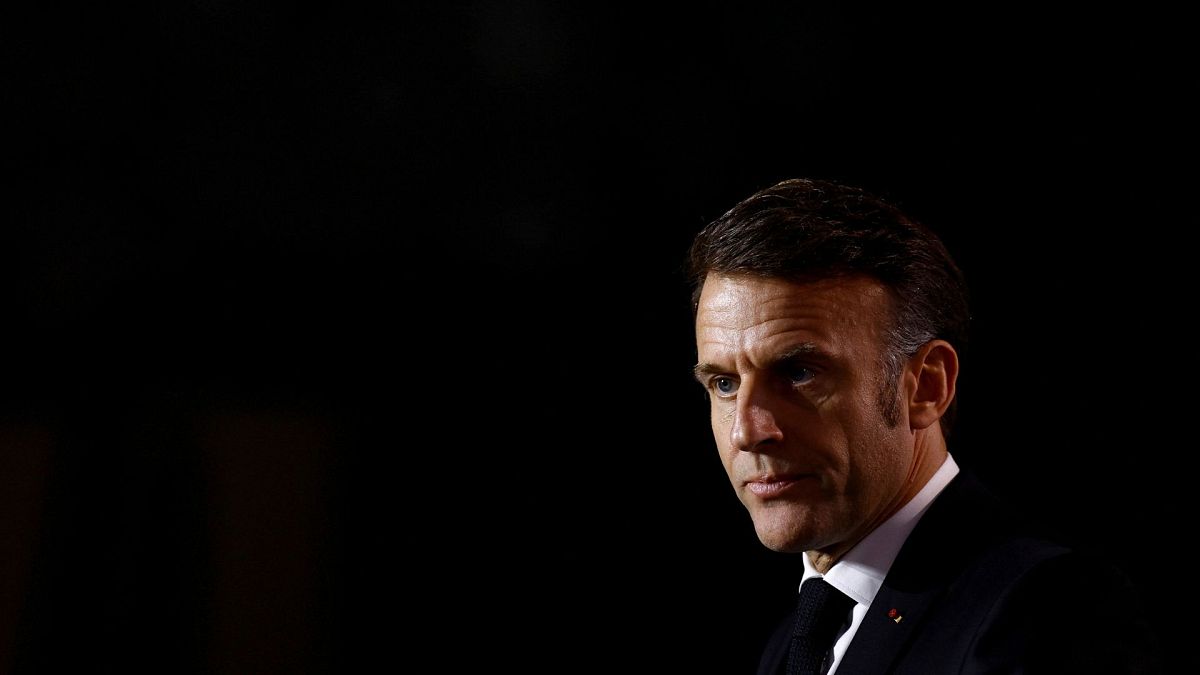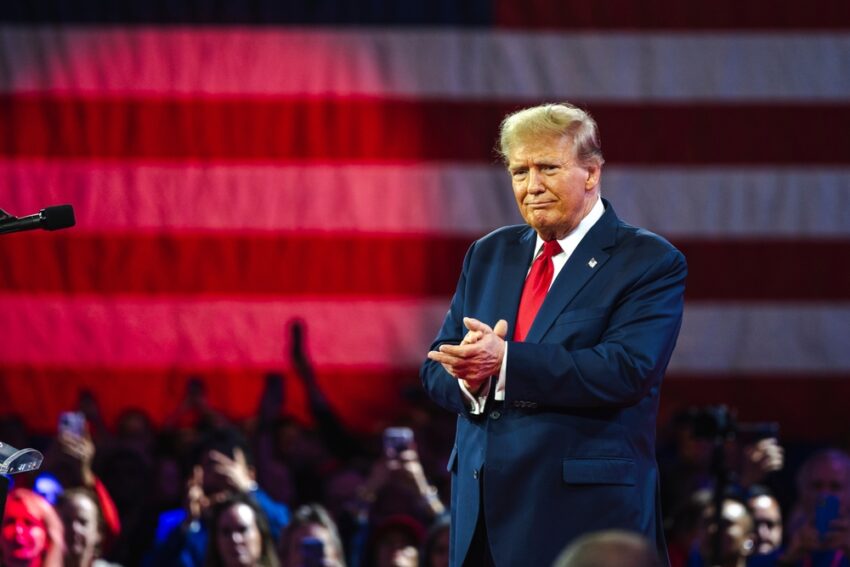Democrats keep forgetting the working class
As right-wing politicians scoop up the blue-collar vote, the left has its head in the sand.
Jamie Dettmer is opinion editor at POLITICO Europe.
Once again America’s Democrats are aghast. How could a man they see as unhinged and weird and a fascist defeat them for a second time?
Of course, the vanquished will grab at the temptation to blame disinformation, lies and probably Elon Musk. But the reason for Donald Trump’s victory rests as much with the Democrats themselves as it does with him.
The former and now future U.S. president’s demagogue genius got him so far, but the Democrats offered him yet again the opening because they’ve increasingly lost touch with their traditional constituents: working class and lower-middle-income voters, who have very different preoccupations than those of most of the party’s leadership and activists. The Democrats have consistently failed to understand the reasons for working-class disaffection — let alone find remedies to offer them.
The same can be said, of course, of established social democratic parties on the other side of the Atlantic, too. Yes, in Europe parties of the established left have managed to pull off some recent wins — most recently Keir Starmer’s Labour Party in the United Kingdom and Lithuania’s Social Democratic Party. But those are best regarded as outliers.
In Labour’s case, Britain’s Conservatives had made such an extraordinary sleazy hash of their 14 years in office that Starmer would have been hard-pressed to have actually lost. With a notable assist from Nigel Farage’s Reform Party, which siphoned Conservative votes, Labour won a landslide in terms of seats — but there was no warm public embrace of Labour, as with former Prime Minister Tony Blair’s 1997 victory.
And Lithuania’s vote was a continuation of a pattern that sees the voters traditionally look a different way every four years.
Not listening
Across the world, mainstream left parties are hardly in the driving seat of history. They remain flummoxed about how to contend with a populist storm that clearly still isn’t spent, as Trump’s win underlines.
Commentators cite a range of specific issues whipping up the tempest: inflation, the cost of living, immigration, income disparity, identity politics, white male resentment, the disorienting pace of cultural and social change.
All are factors, as they were in the U.S. election. But they’re reflective of something much bigger: A backlash rooted in a rejection of a managerialism favored by center-left parties which is impervious to their grievances and often patronizing.
The established left has little idea of how to talk anymore to their traditional supporters — showcasing Beyonce and Lady Gaga just doesn’t cut it. And not only that, when working-class voters have the temerity to raise their grievances, they’re disparaged. Like when U.S. President Joe Biden last week seemed to call Trump supporters garbage, or as Hillary Clinton did in 2016 with her “basket of deplorables” remark.
The cleavage between Democrats and the working class has long been in the making, stretching back to the late 1960s when Richard Nixon assembled a resentful populist coalition of working- and middle-class voters with a blue-collar strategy based, in his words, on “character and guts.” In 1980, 47 percent of all blue-collar voters supported Ronald Reagan (44 percent of those from labor union households backed him).

In the years since, the trend has been clear: The more progressive the Democrats become, the more blue-collar voters are turned off. This was highlighted also last year with studies from the Progressive Policy Institute, conducted in partnership with the pollster YouGov. The survey found that 45 percent of working-class voters believed the Democratic Party had moved “too far to the left,” and 40 percent disapproved of the party for being too heavily influenced by “special interests like public sector unions, environmental activists, and academics.”
Bill Clinton and Barack Obama managed to hold back the tide with triangulation and third-way politics, but only for a while. In the 2012 presidential election, Obama won 60 percent of the voters earning less than $50,000. Four years later, Hillary Clinton secured just more than 50 percent of lower-income voters. The swing to Trump by lower-income voters outweighed a swing to Clinton among those in higher-income brackets. Last year, when asked which president in recent decades had done the most for average working families, 44 percent named Trump compared to just 12 percent for Biden.
Long-coming backlash
What’s remarkable is that this hasn’t prompted a reckoning. As right-wing political alternatives have attracted support from blue-collar voters on both sides of the Atlantic, the established left has just put its head in the sand. After electoral setbacks, center-left parties have muttered how they need to reexamine their policies, but they don’t actually carry out any post-mortem.
Last year, center-left politicians — among them more than a dozen current and former national leaders — gathered in Montreal for the Global Progress Action Summit. Several highlighted the importance of third-way politics and talked up the prospects of another “progressive moment.”
But there was little real shaping of a third way as they mulled how to turn climate change, immigration and an active industrial policy into votes. Crucially, there was little self-criticism to be heard or any open-minded examination of the yawning gap between their parties and huge swathes of voters who feel left behind or fear they soon will be.

The participants didn’t indicate any awareness of how many voters bridle at the dismissiveness of largely well-heeled metropolitan politicians, who broadly subscribe to an implacable technocratic consensus. As far as many participants at the summit went, the problem is with the marketing of policies rather than the policies themselves — hence the emphasis on disinformation or the lies being told by their opponents.
One of the few center-left politicians to raise the alarm about the growing disconnect is Blair. As far back in 2017, he said: “The sensible thing for politicians at the moment is to be working out how do we stay by people’s side.” Voters, he warned, are “worried culturally as well about the changing nature of their society, and worried economically.”
The Democrats failed to take this advice to heart.
What's Your Reaction?






















































